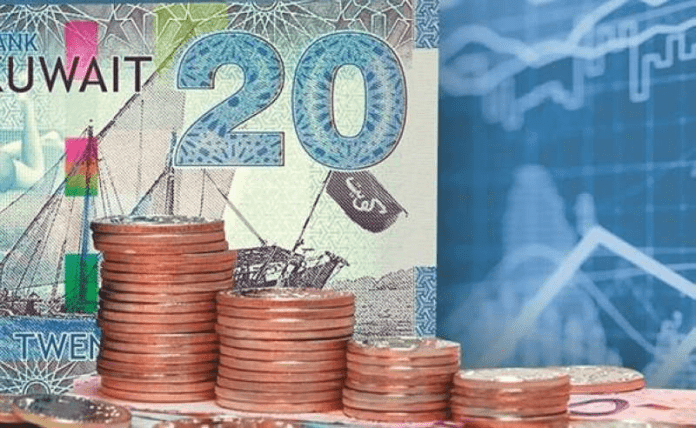The United Nations Development Program (UNDP) issued this year’s Arab Human Development Report, titled “Organizing Opportunities for an Inclusive Recovery and Strengthening the Capacity to Confront Crises in the Post-Covid-19 Era”, stating that Kuwait’s most important challenges are food security, stressing that the country depends heavily on grain imports by 98 percent next to the UAE which relies on the staple by nearly 100 percent.
The report also mentioned the country’s struggles with the decline in Kuwait’s per capita GDP by about 10 percent. In addition, despite the manpower development in Kuwait (0.806 points), the country remains at the bottom of the list of the Gulf States after the UAE, Saudi Arabia, Bahrain, Qatar and Oman. Income disparity in the world, where the top ten percent of the population in some countries accounts for about 60 percent of the national income before taxes, and this percentage ranges between 38.1 percent in Algeria and 54 percent in Kuwait. Despite the generally low trust in Arab governments ranging from 10 percent for people who trust the government in Libya, and 19 percent in Iraq and Lebanon, it was high in Kuwait and reached 47 percent during 2018 and 2019. It is the third highest percentage in the Arab world.
The report also stressed the Arab governments’ response to the pandemic varied greatly between countries and income groups, as the Gulf Cooperation Council countries spent $69.9 billion compared to 24.8 billion spent by other Arab countries. This outcome indicates that the availability of resources is the reason behind the responsiveness, in addition to coordination with various institutions.
However, Kuwait ranked first in the Gulf and sixth in the Arab world in the Arab Governance Index, explaining that the index measures governance through three equally weighted pillars: rule of law, ease of seeking justice, accountability and effectiveness of institutions, and participation, while Kuwait came seventh in the Arab world and fifth in the Gulf region in the Corruption Perceptions Index.
The report also showed societal participation in the Arab countries was better than the level of trust between people. It indicated that in the Arab Barometer survey for the year 2018-2019, 76 percent of Kuwaitis reported that they donated to charitable committees while the percentage of Kuwaitis who reported that they helped the poor reached 78 percent, the highest after Palestine.
Moreover, the report presented that while most Arab countries implement social protection systems, they leave a large part of the population behind due to structural shortcomings, noting that a large gap in coverage from social insurance and social assistance programs remains to be filled, as the low percentage of workers contributors to pension programs in the Middle Eastern countries (31 percent) and North African countries (38 percent), mean that a low percentage of older people will receive pensions. This percentage is currently 27 percent in the Middle East and 47 percent in North Africa in the 95 percent employee coverage.
Furthermore, the UNDP clarified that unemployment insurance is available in some Arab countries but is less accessible due to legal barriers and the high level of marginal work. For instance, unemployment insurance is available in Algeria only to workers who have permanent work contracts, and workers’ coverage against work injuries, which is also low in the Arab region, ranges from about 15 percent in Djibouti to 95 percent in Kuwait.

















